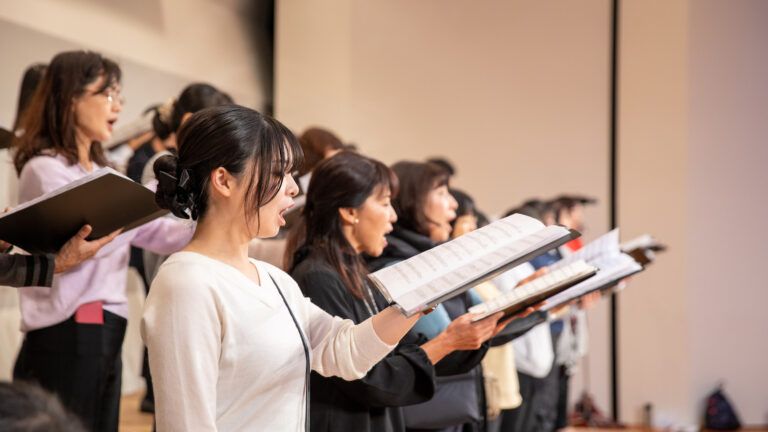We often come barreling into prayer with our lists and plans and agendas as if the purpose of prayer is to get the things WE want accomplished.
“Lord, bless me,”
“Lord, give me,”
“Lord, help me,”
“Lord, do this,”
“Lord, do that.”
For most of us, prayer is overwhelmingly a one-way street, a monologue instead of a dialogue.
But the key to true prayer—deep, sweet prayer—is the same as the secret of dancing well: one person leads, and one person follows. Guess which one is you?
That’s why the prayer of reflection is such a wonderful way to pray. It is the practice of listening to the Shepherd’s voice. It’s obeying the command of Scripture as we enter the presence of God:
Guard your steps… Go near to listen rather than to offer the sacrifice of fools, who do not know that they do wrong.
Do not be quick with your mouth, do not be hasty in your heart to utter anything before God. (Ecclesiastes 5:1-2, NIV)
If we do not cultivate the discipline of reflection, we do ourselves–and God–a great disservice. As one writer has said, “Prayer is a dialogue, not a monologue recited by men in God’s presence” (Hans Urs von Balthasar, Prayer, trans. by A. V. Littledale, Geoffrey Chapman, Ltd., 1961, p. 12).
And Robert Benson agrees. He says,
I need to listen, listen for the prayer of God that is rising in my heart, perhaps for the prayer that I should be praying rather than the one that I am praying (Robert Benson, Living Prayer, p. 134).
I think that is a large part of what it means to pray “in the name of Jesus”: to think God’s thoughts after Him.
But it doesn’t happen by accident, or even on the way to anyplace else. It happens in the silent moments. After reading, sometimes. Or while listening to birdsong. Or brooksong.
To an onlooker, the prayer of reflection may look suspiciously like a daze, or like daydreaming or even napping. But author Avery Brooke expressed it well:
Deeper, wordless contemplation is something that we may experience either in church, in those blessed pauses between words, or in quiet times alone when we cease our words of prayer, put down our Bibles, and realize that God is both very near and familiar and yet beyond all knowing. We feel that we would like to know God so well that we could sit still for an hour in silent companionship, as with an old friend. (“What is Contemplation?” Weavings, July/August 1992, p. 9)
If you’ve experienced the prayer of reflection, you know what she means. If not, you are in for a wonderful treat, a sublime discovery…if you will take the time, enter the quiet place of your own heart and mind, and sit with God for a few minutes, praying the prayer of reflection.





